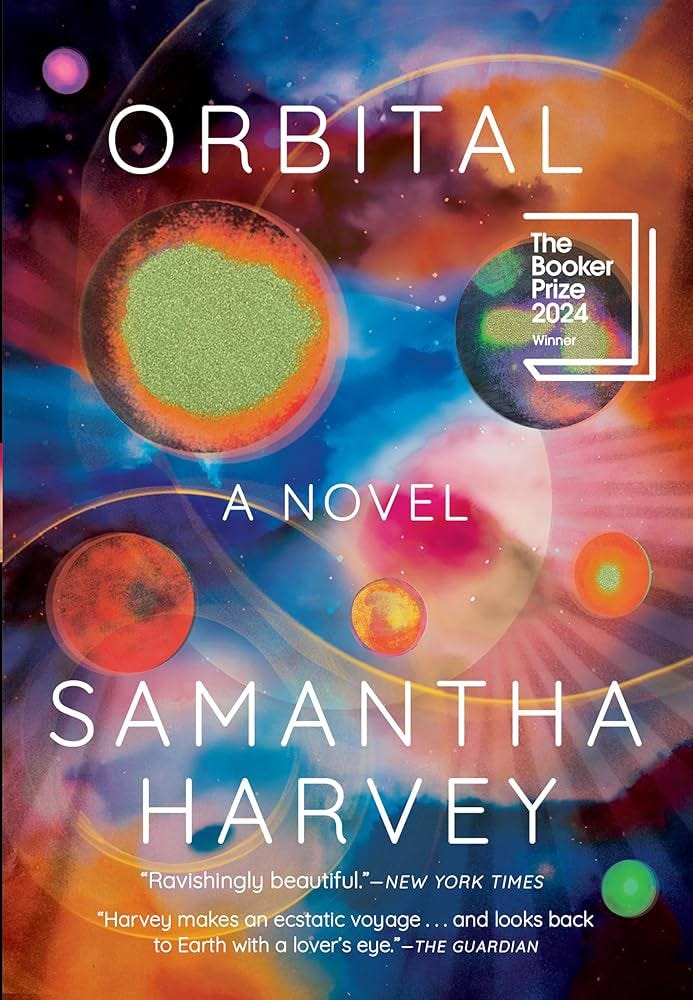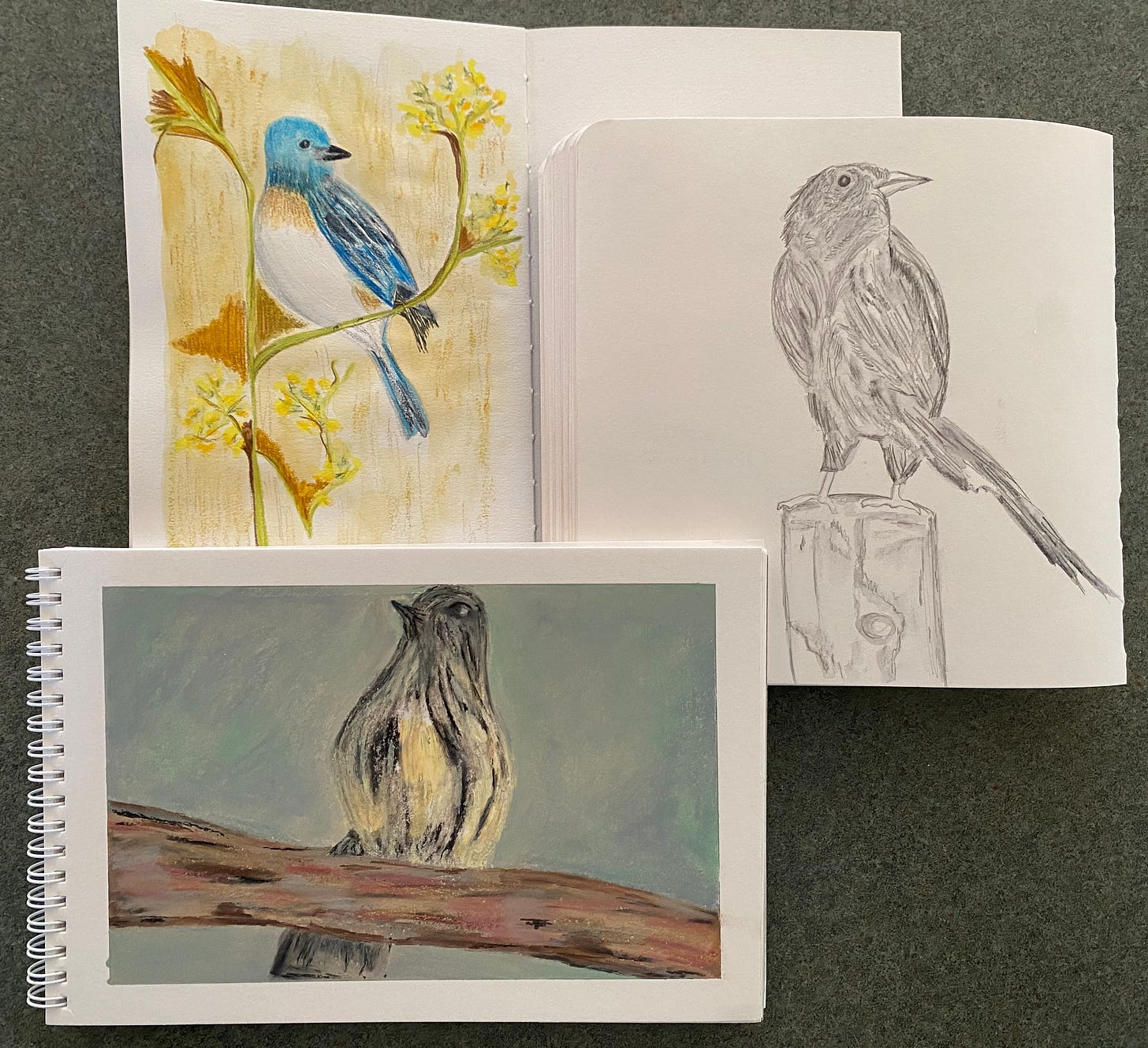In my office, I have a lovely cabinet organized with my art supplies—oil pastels in one drawer, watercolor paints and cotton rag journals in another. On the shelf near my desk, I’ve got inspirational references and craft books I use to write my fiction. My laptop is heavy with spreadsheets for working and living. You see, I’m good at putting things in containers. My worried thoughts and frightening feelings too.
Compartmentalizing is my go-to defense mechanism for staying sane. And I’m using it a lot these days.
Why We Do What We Do
Defense mechanisms are behaviors we use to separate ourselves from unpleasant events, actions, thoughts or emotions.
This psychological construct, first proposed by Sigmund Freud, suggested that we use defense mechanisms like repression, denial, or intellectualizing to protect ourselves without realizing it. Freud believed these and other behaviors are not under conscious control.
Let’s say you’re incensed you didn’t get a promotion at work, so when you arrive home, you yell at your husband for how he loads the dishwasher. You may not be aware of this displacement of emotion—at first. But if your partner asks gently if you might be upset about something else, or angry with someone else, it’s possible that in short order you’ll be able to see what you’re doing.
It’s true that when you experience a stressor, the subconscious will first monitor the situation to see if you’re in danger. If the risk is real, or even imagined to be real, you might react with a defense mechanism without awareness.
Yet overtime our understanding of defense mechanisms has evolved. We now know that these attempts at coping are a natural part of psychological development. They’re not inherently bad. Nor are they always buried in our unconscious. We can raise our awareness about our patterns—the knee jerk ways we tend to cope with stress.
I might put my worried thoughts and frightened feelings into safe containers by taking a break from the news to write or make art. While you might sublimate, bundling up your nervous energy and rage to take your emotions to the gym.
Mature defense mechanisms—those accompanied by awareness—are not necessarily detrimental to our mental health. In fact I’d argue that honing them to maximum benefit is the work of our lives.
With lots of reflection, our understanding of ourselves can be raised, and because of this, we become more capable of facing the anxieties and situations inherent to living.
Building a life filled with beautiful distractions may be the best way to decrease our emotional distress.
Read Me | Don’t Ban Me
If you’re a regular reader of the Family Drama newsletter then you know I believe reading is a phenomenal coping mechanism! Reading widely trains our brains to work more efficiently, helps us process information more quickly, and sharpens memory. Better brains lead to stronger hearts, more flexible thinking, and thus more compassionate action.
The novel in particularly is a powerful vehicle for deepening your social and emotional intelligence. When we slip into a fictional dream, neurologically speaking, we increase our knowledge, broaden our attitudes, and enhance our skills for understanding ourselves and for feeling for others.
Over the holidays, I enjoyed Orbital by Samantha Harvey, which won the 2024 Booker prize, the UK’s most prestigious prize for fiction. Though not terribly character or plot driven, this interesting novel of reflection on space and time is more of a commentary on the universality of what humans yearn for. I particularly liked the audio version of this cleverly structured novella.
When it comes to nonfiction, Meditations for Mortals: Four Weeks to Embrace Your Limitations and Make Time for What Counts by Oliver Burkeman is a perfect book for the times in which we live. His premise is that while there is much beyond our control these days, we still have agency over how we spend our time.
To be read either as a four-week “retreat of the mind” or devoured in one or two sittings, Meditations for Mortals will be a source of solace and inspiration…
What Gives Me Energy | What Brings Me Joy
My New Year’s resolution is to walk more, and thankfully the views in my little town are a breathtaking reward for braving harsh winds.
I’m also eager to draw more in 2025, so when I saw the bird-a-day challenge for January on Instagram, I decided to try it. [Fun fact: I took up drawing not long ago because the lead character in my novel-in-progress draws birds and I wanted to get inside her head. Now I’m hooked on making art!]
What are your go-to beautiful distractions? Please share in comments.








Hi Lynne! Thank you for sharing your processes. I love your birds and your thoughtful compartmentalization. I have been going back and forth between writing my challenging first novel, started in your class last spring, and making crochet granny squares while listening to books. Sending you so much appreciation.
Going for walks is a big one, and reading is another. Also, dancing!